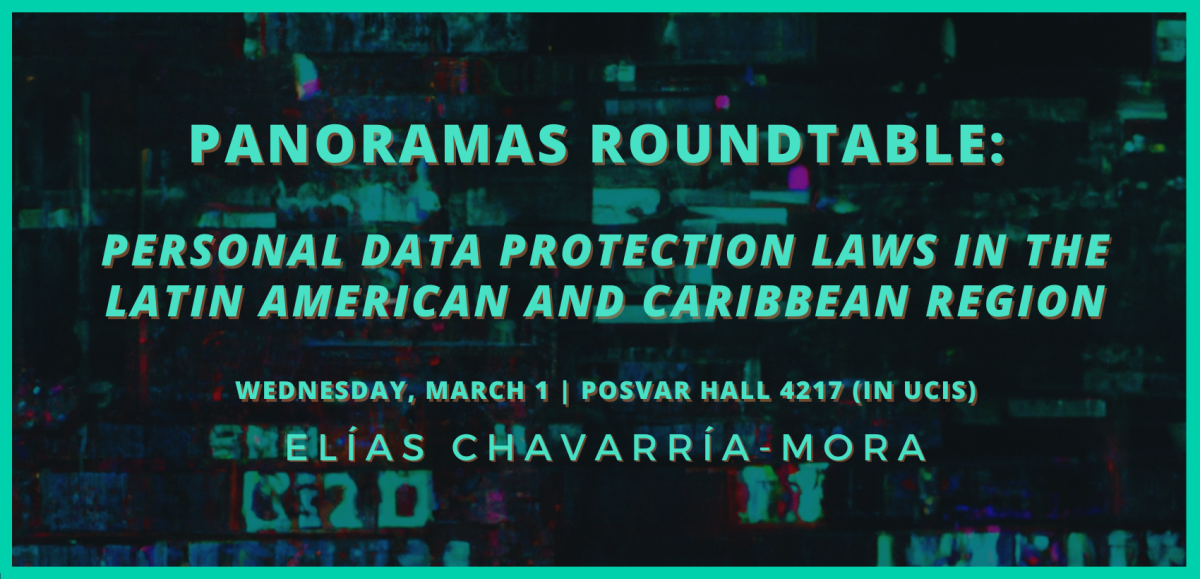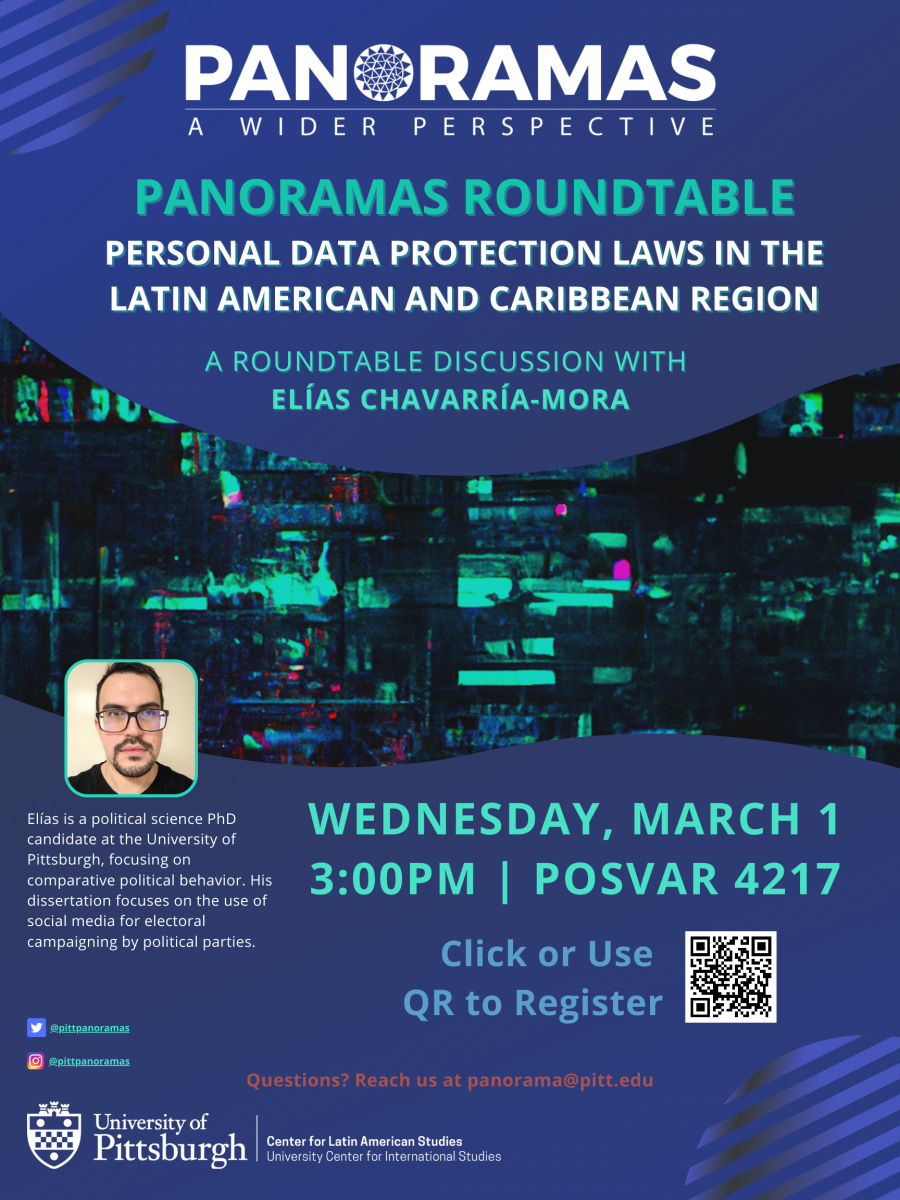
Abstract
What are the policies for protection of the personal data of citizens in the various countries in the Latin American and the Caribbean region? The impressive developments over the last two decades on massive data collection on every aspect of the life of citizens, through the internet and platforms such as Facebook or Google, as well as the developments on computational power and data science methods appropriate for the extraction of insights from such massive digital trace databases, has led to an increased importance on the protection of the data of citizens, particularly sensitive data. In this exploratory study, I adopt a grounded theory approach to create a qualitative matrix based on the current version of the main legislation regarding protection of personal data for each country in the LAC region. Using this qualitative matrix as input, I identify dimensions of variation in the strength of data protection laws in the region. I use this variation to classify the countries of the region by the strength of their personal data protection laws. A mapping of this strength does not show clear subregional patterns, but rather the adoption of the data protection laws seems to be at least in part propelled by the economic and commerce need of rising to the data protection standards of the European Union.
Speaker Bio
Elías Chavarría-Mora is a political science PhD candidate at the University of Pittsburgh, focusing on comparative political behavior. He has an MA from the same university and received his undergraduate degree from the University of Costa Rica. His dissertation focuses on the use of social media for electoral campaigning by political parties. Prior research has mostly focused on protest politics and party competition and has been published in Latin American, Spanish, and American journals.


